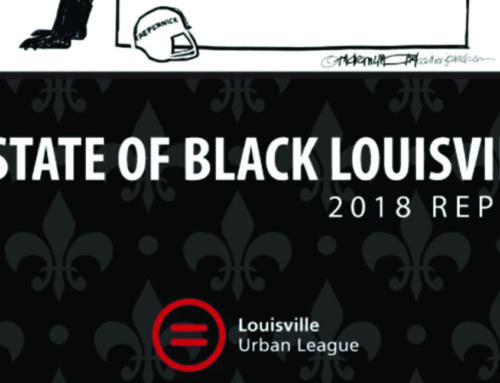Pinckney IV, Harrison P.; Outley, Corliss; Blake, Jamilia J.; Kelly, Brandy
Abstract
EXECUTIVE SUMMARY: Adolescence is viewed widely as a critical stage in the development of youth as they transition from childhood to adulthood. This stage is highlighted by the complex interactions of physical, emotional, and social changes youth must manage. The difficulties associated with adolescence are further complicated for youth of color who are additionally confronted with the meanings, expectations, and attitudes associated with their race and/or ethnicity. For African American youth in particular, the stereotypes to which they and other members of their race are ascribed can, and oftentimes do, have an adverse affect on their overall development. As such, it is imperative that recreation providers working with youth of color understand not only the challenges these youth will face but also how their programs can positively impact them, thus promoting healthy development. Some have suggested that rites of passage programs are one way to accomplish this goal. Rites of passage programs are a systematic series of lessons, workshops, and discussions that provide youth of color with a better understanding of who they are by educating them about their ancestry. These rites are considered necessary to prepare an adolescent for adulthood as they are provided with skills, knowledge, and awareness deemed vital to their future success. “Rites of passage” is not a new concept as many cultures, including African, have used this as a means of preserving and transferring their sacred history and traditional rituals (e.g., Mexican, Native American). There are many cultures that still incorporate rites of passage in their daily living. Many African American communities have adopted rites of passage programs to prepare their youth for adulthood. While these programs have shown some level of success, they are limited in scope as they are oftentimes implemented by families, local churches, or other private groups. This paper suggests that rites of passage programs can be implemented in recreation settings where youth of color (especially African American youth) are being served. Drawing from what is already known about these programs and their successes and challenges, best practices are offered to insure the successful implementation of similar programs in varied recreation settings.
Journal of Park & Recreation Administration . Spring2011, Vol. 29 Issue 1, p98-112. 15p.





